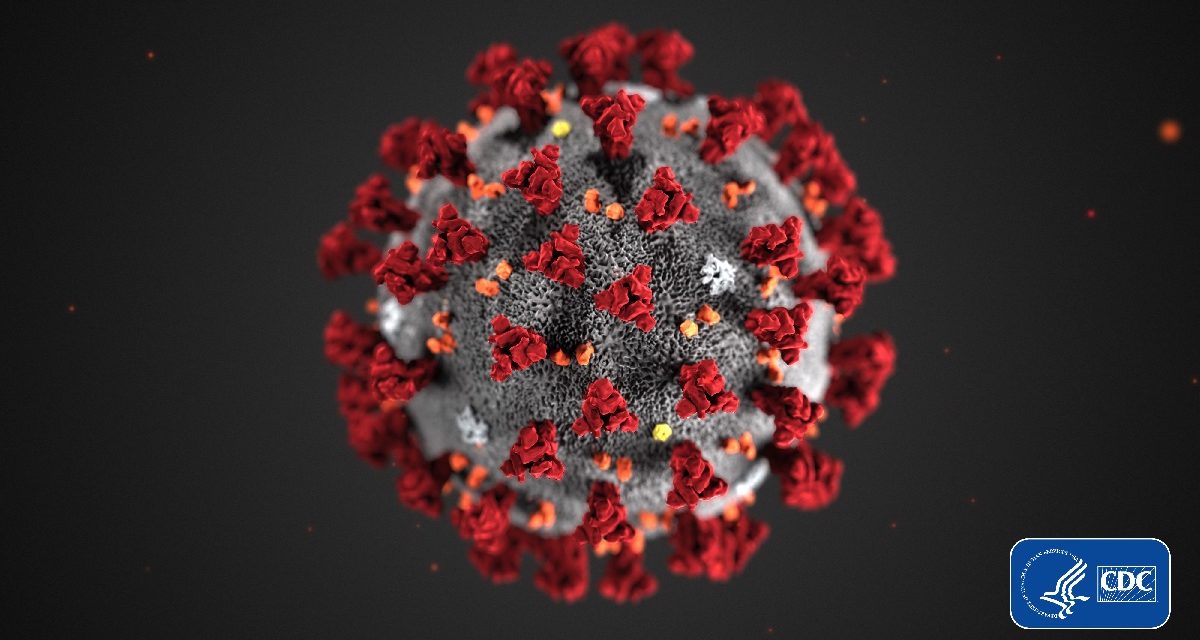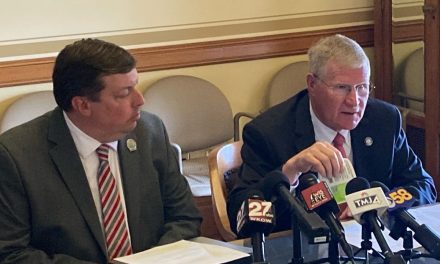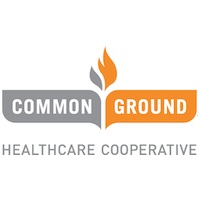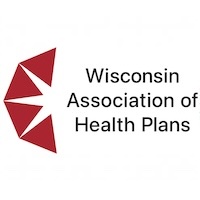
More Wisconsinites qualify for locally grown food through state program due to COVID-19

More Wisconsin households will be able to get food through The Emergency Food Assistance Program
, the Department of Health Services said Monday.
Households below 300 percent of the federal poverty level are eligible to receive a monthly share of locally grown foods from program food pantries.
For a household of one, the income threshold is $38,280, an increase from the previous limit of $23,606, when the threshold was at 185 percent of the federal poverty level.
The new threshold was proposed by the program’s advisory council and approved by DHS and the U.S. Department of Agriculture to help families during the pandemic. It went into effect June 1 and will affect all pantries the first time they open this month.
As of Monday, there were 21,038 confirmed COVID-19 cases reported
in Wisconsin, an increase of 203 from Sunday. The Department of Health Services also corrected its death count to remove a duplicate, reporting 646 deaths as of Monday. No new deaths were reported.
There have been 333,253 negative test results, an increase of 7,386 from Sunday.
The Wisconsin National Guard collected specimens at sites in Oakfield and Janesville Monday.
It established community-based testing sites in Mauston and La Crosse on Monday. It’s also collecting specimens at the Racine Youth Offender Correctional Facility and at a long-term care facility in Shorewood.
Community-based testing is ongoing at the Alliant Energy Center in Madison and at United Migrant Opportunity Services and Custer Stadium in Milwaukee.
Wisconsin Health News is removing the password on all stories related to the coronavirus. For the latest developments follow us on Twitter at @wihealthnews or check out our website. For complete healthcare coverage, sign up for a free trial to our daily email newsletter.













.jpg?bwg=1612548324)

















